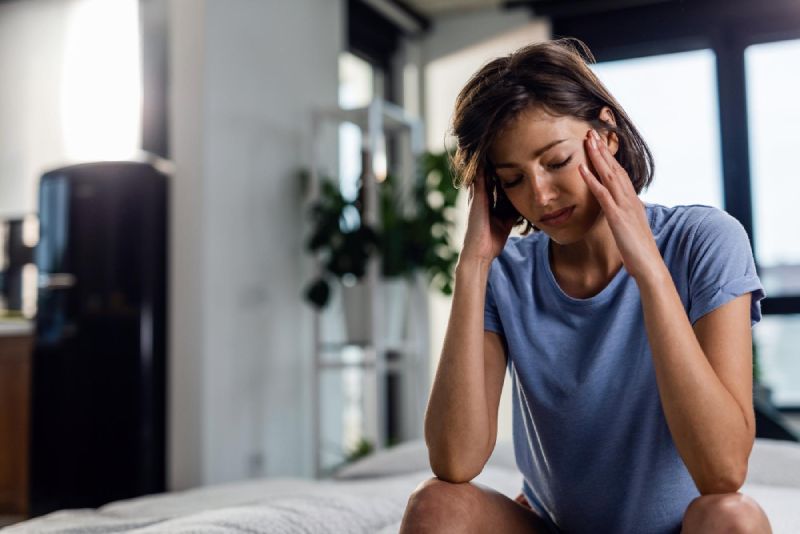Among its many effects, coffee can sometimes be implicated in headaches. But the relationship between coffee and headaches is complex, involving both the stimulating effect of caffeine and the withdrawal symptoms that can occur when regular consumers skip their usual dose. Let’s delve into this intriguing interaction to answer the question: Can coffee cause headaches?
What Do Caffeine Headaches Feel Like?
The Caffeine Paradox
Caffeine headaches typically manifest as a persistent, dull, throbbing pain usually felt on both sides of the head. It’s a type of tension headache that may be accompanied by irritability, fatigue, and difficulty concentrating.
“Remember, caffeine can both cause and relieve headaches, making it a double-edged sword.”
On one hand, caffeine can help alleviate headaches by constricting blood vessels and reducing inflammation. On the other, caffeine withdrawal can trigger headaches in people who regularly consume coffee or other caffeinated beverages.
What Are the Signs of Coffee Headache?
A coffee or caffeine headache usually manifests several hours to a day after a reduction or cessation of caffeine intake. Other symptoms might include:
- Fatigue or drowsiness
- Depressed mood or irritability
- Difficulty concentrating
- Flu-like symptoms, including nausea, vomiting, or muscle pain
How Do You Stop a Headache After Drinking Coffee?
The Balancing Act
If you experience a headache after drinking coffee, there are a few strategies you can employ:
- Gradual Caffeine Reduction: Rather than going cold turkey, you can gradually reduce your caffeine intake to avoid withdrawal symptoms.
- Hydration: Dehydration is a common cause of headaches, and coffee can act as a diuretic. Drinking plenty of water can help.
- Pain Relievers: Over-the-counter pain relievers like ibuprofen can help relieve a caffeine headache.
- Rest: Rest and relaxation can be beneficial in managing the symptoms of a caffeine headache.
How Much Coffee Gives You a Headache?
The amount of coffee that can cause a headache varies significantly between individuals. Some people may experience headaches after just one cup, while others can drink several cups without any issues. On average, caffeine-induced headaches are commonly seen when consumption exceeds 400mg of caffeine per day, roughly the equivalent of four cups of coffee.
How Long Do Caffeine Headaches Last?
The duration of a caffeine headache can range from a few hours to several days, typically peaking within 24 to 48 hours after the last caffeine intake. Factors influencing this duration include the amount of caffeine consumed daily and individual physiological differences.
Will Decaf Coffee Help a Headache?
Decaf coffee, which contains only trace amounts of caffeine, could potentially help if your headache is specifically caused by caffeine withdrawal. However, it’s worth noting that even decaf coffee contains small amounts of caffeine, which might still trigger sensitivity in some individuals.
In summary, while coffee can potentially cause headaches, the relationship is complex and depends on numerous factors, including the amount consumed and individual sensitivity. Understanding your body’s response to caffeine is key in managing potential coffee-related headaches.



